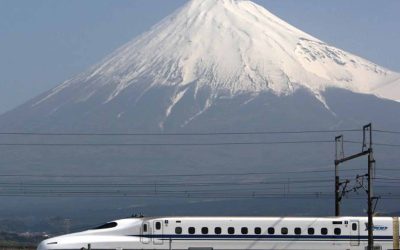Executive Summary
Winnipeg City Council proposes a new water-management model for the city. The model creates a municipal corporation owned by the City to deliver water and waste services. The model would include a private partner in delivering waste services, not water, to Winnipeggers.
corporation owned by the City to deliver water and waste services. The model would include a private partner in delivering waste services, not water, to Winnipeggers.
- France turned to the private sector for water infrastructure, and satisfaction with water management is high in that country. Ninety per cent of cities that enter a public-private partnership continue the partnership at contract renewal time.
- Government regulation protects water quality. French law operates a user-pay model for water utilities. Ratepayers rather than general taxpayers fund water services in France, and water rates are competitive with other European cities. Leakage, which is the amount of water lost in the pipes before delivery, is lower in Paris than in other European cities with water systems of a similar age.
- Kingston, Ontario, uses a model akin to the one proposed for Winnipeg. Kingston once managed its water utilities as a City department. In 1998, it formed a wholly owned municipal corporation, Utilities Kingston, to act as the water utility. Utilities Kingston has provided the city with cost-effective services while upgrading infrastructure.
- Adelaide, South Australia, retained government ownership of water and sewer infrastructure but contracted the operation of the system to a private firm, which resulted in cost savings.


